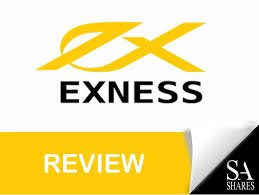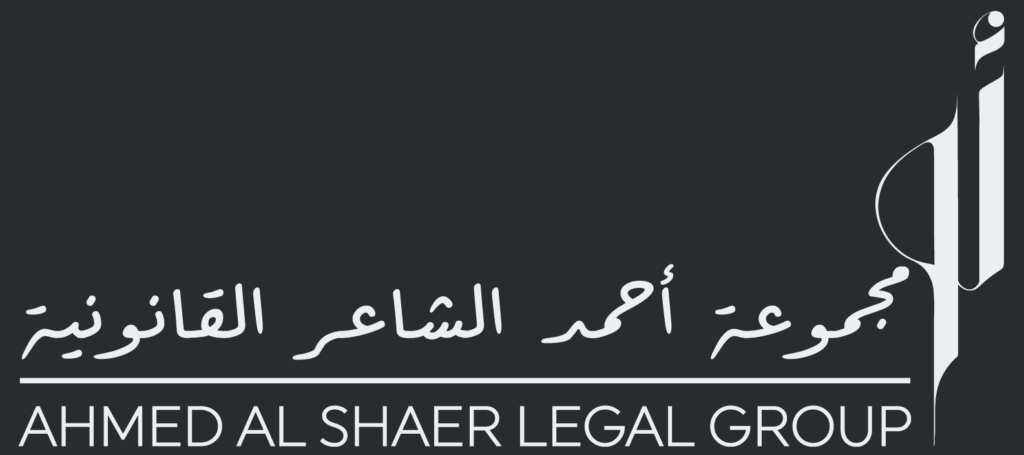
Exness Regulations: Ensuring Safe Trading Experience
In the fast-paced world of forex and CFDs trading, understanding the regulations that govern your trading platform is crucial for ensuring a safe and secure trading environment. exness regulations Exness forex & CFDs is a popular trading platform, and its regulatory compliance plays a significant role in building trust and credibility with its users. In this article, we will explore the various regulations that apply to Exness, their importance, and how they affect traders.
What Are Trading Regulations?
Trading regulations are rules and guidelines established by regulatory authorities to govern financial markets and protect investors. These regulations are designed to ensure that trading platforms operate fairly, transparently, and securely. They cover aspects such as licensing, capital requirements, client protection, and reporting standards.
The Importance of Regulation in Forex Trading
Regulation in forex trading is essential for several reasons:
- Investor Protection: Regulations help protect traders from fraud and financial misconduct by ensuring that brokers adhere to specific standards of practice.
- Market Integrity: A regulated trading environment promotes fair competition and transparency, contributing to a more stable market.
- Trust and Credibility: A regulated broker, like Exness, instills confidence in traders, assuring them that their funds are managed responsibly.
Exness Regulatory Bodies
Exness operates under the scrutiny of several regulatory bodies, each serving to oversee various aspects of its operations. Here are some of the key regulators associated with Exness:

1. FCA (Financial Conduct Authority)
The FCA is one of the most respected financial regulators in the world, based in the United Kingdom. Exness is regulated by the FCA, which means it must comply with stringent guidelines related to client funds, reporting, and operational standards. This regulation ensures that traders’ funds are kept in segregated accounts, providing an added layer of security.
2. CySEC (Cyprus Securities and Exchange Commission)
Exness is also regulated by CySEC in Cyprus. This regulatory body is known for its robust framework that ensures brokers operate transparently and maintain adequate capitalization. CySEC regulations mandate that brokers provide investors with clear information about risks, fees, and trading conditions.
3. FSC (Financial Services Commission)
The FSC in the British Virgin Islands also regulates Exness. This regulation focuses on compliance with local laws and promotes a secure trading environment for clients operating in that jurisdiction. It further reinforces Exness’s commitment to regulatory standards.
Client Fund Protection
One of the key aspects of trading regulation is the protection of client funds. Exness takes client safety seriously and implements several measures to safeguard traders’ investments:
- Segregated Accounts: Client funds are kept in separate accounts from the company’s operational funds, ensuring that they are not misused.
- Negative Balance Protection: This feature prevents traders from losing more money than they have in their accounts, providing peace of mind during volatile market conditions.
- Compensation Schemes: Under certain regulatory frameworks, Exness participates in a compensation scheme that protects traders if the broker is unable to meet its financial obligations.

How Regulations Affect Trading Conditions
Regulations can significantly influence trading conditions offered by brokers. For instance, regulatory bodies often impose specific limits on leverage, which can affect how much capital traders can control relative to their invested funds.
For Exness, this means adjusting leverage offerings to comply with the applicable regulations of each jurisdiction. While higher leverage can amplify profits, it also increases risks. Being regulated ensures that Exness operates within safe parameters to protect both the broker and the traders.
Ensuring Transparency and Fair Practice
Regulatory compliance helps ensure that trading practices are transparent. Exness, being a regulated entity, is required to provide clients with clear and detailed information about trading conditions, fees, and any associated risks. This transparency fosters a fair trading environment where traders can make informed decisions.
Conclusion
When choosing a trading platform, understanding the regulatory environment is crucial. Exness stands out as a broker committed to adhering to strict regulations, which enhances trust and credibility among its users. With oversight from respected regulatory bodies, Exness ensures that traders can trade safely and confidently.
In summary, the Exness regulations play a vital role in creating a secure trading landscape, offering not just compliance but also peace of mind for traders around the globe. Seeking out regulated brokers like Exness is essential for anyone looking to navigate the forex and CFD markets effectively.


